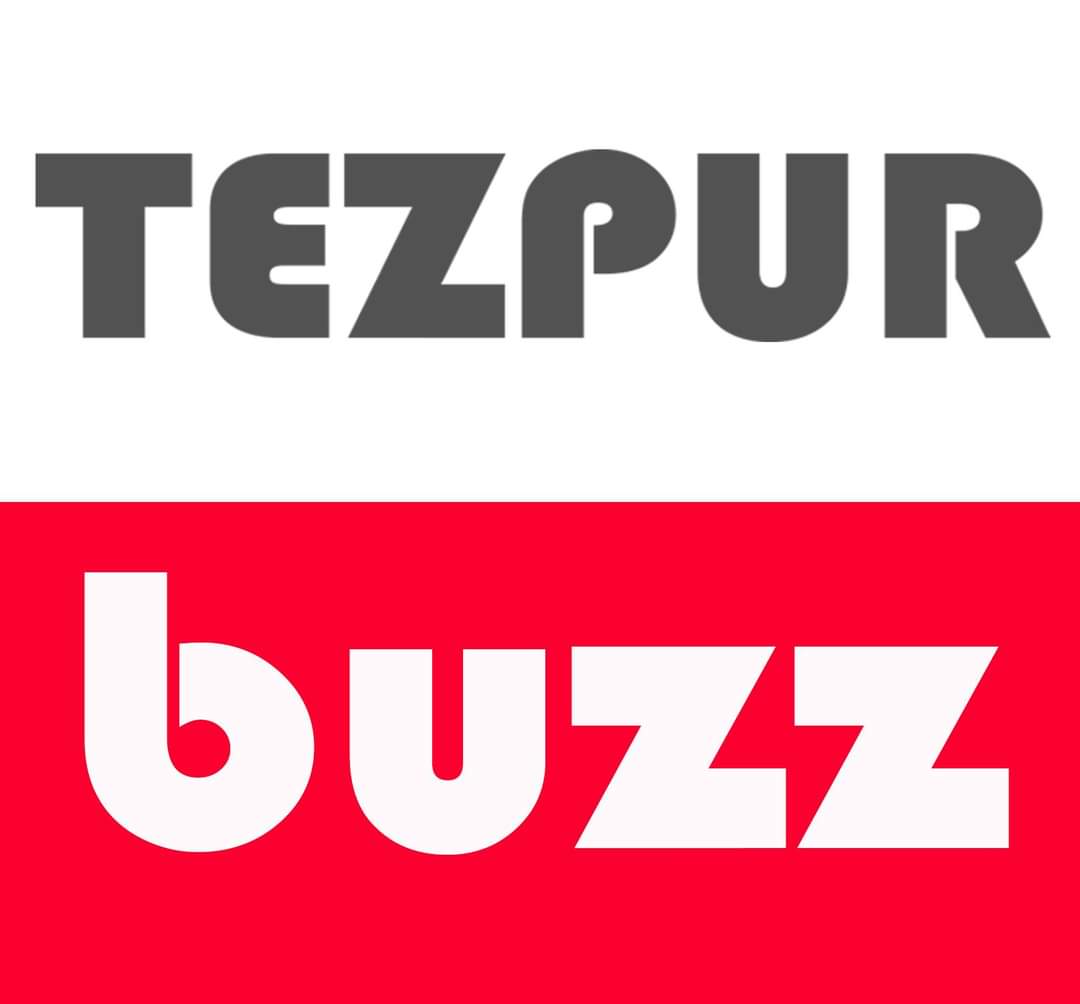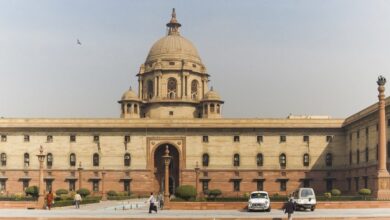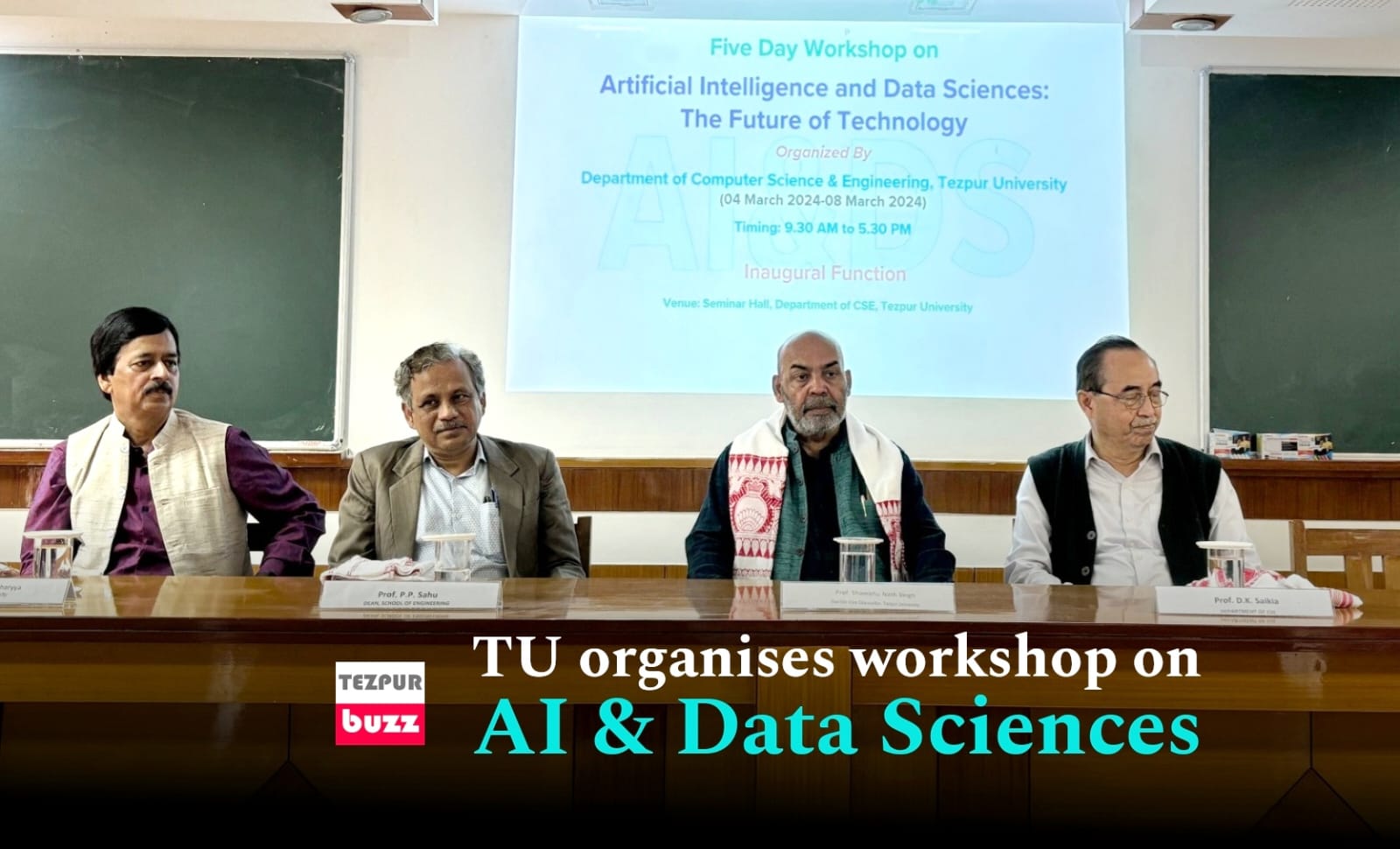
By Suprakash Kar
In the midnight of 24th of February 2022, Russia started bombarding its European neighbor Ukraine followed by full scale invasion, the biggest that Europe has seen since WWII. The Cold War between the Eastern bloc and Western bloc, trying to establish dominance in a bipolar world which led to the division of USSR, has certainly turned hot in the present times be it in the diplomatic front or in the economic front.
The roots of this conflict goes back to 2014. In 2013, protests erupted in the capital city of Kyiv against Ukranian president Viktor Yanukovych’s decision to reject a deal with European Union (EU) which would have ushered greater economic prosperity for Ukraine. The protest turned violent and in March 2014 Russia decided to put boots on ground and took control of the Crimean peninsula by supporting the rebels or separatists who has been fighting nearly a decade long war against the Government establishment.
The Kyiv administration, after the outsed of President Yanukovych, elucidated its urge to become a member of North Atlantic Treaty Organisation (NATO) and EU. Moscow could not afford this to happen as the presence of NATO troops in its border will lead to a major security threat. This can be validated by the demands put forth by Russia to stop the invasion which includes-
• Ceasure of military action in Ukraine.
• Changing the constitution to facilitate neutrality.
• Acknowledge Crimea as a part of Russian territory.
• Recognize Republic of Donetsk and Luhansk as independent states.
With fears of Russian invasion, president Zelenskyy seemed for immediate inclusion of Ukraine as a member of NATO which was turned down. The reason behind this is that if Ukraine were to be a member of NATO then it will be obligatory for the NATO member countries to defend Ukraine which can quickly change the shape of the crisis from a regional conflict t a global one.
The US and NATO has been navigating various fronts to cease the conflict be it diplomacy, financial aid, military assistance or economic sanctions on Russia The US has delivered a written response to Russia’s demands in Easter Europe on which the US Secretary of State Antony J Blinken said that the letter contained “Core principles” on Ukraine sovereignty and territorial integrity. According to Blinken “A political solution is still possible”. But at the same time NATO has raised a 5000 member rapid response force led by France to support its NATO allies. The US has also decided to deploy two Patriot missile defense system in Poland. Germany, US and other NATO countries has sent Stinger and Javeline missile system to Ukraine. EUhas provided €300mln emergency Macro Financial Aid to Ukraine. The US congress has approved $13.6bln of emergency aid to Ukraine from which $1.8bln will be used to run the Government as the Kyiv administration has not been able to collect taxes.
The UN General Assembly also conducted emergency meeting under the “Uniting for Peace Resolution” on Ukraine crisis which was called upon by the UNSC with 11 members of the council voting in favor of the emergency meeting. The meeting was presided by the president of the UN General Assembly Abdulla Shahid in which many countries have criticised Russia for disrupting peace in Ukraine.
Any major war has its affect in the economy and in the present Era of globalization the affects are manifold as the major economies of the world are interdependent. Western allies has imposed ban on importing crude oil and natural from Russia. Germany has suspended the Nordstream2 project. EU, USA, Canada and Japan has removed major Russian banks from the SWIFT network which will make it harder for the Russian financial institutions to undertake foreign transactions. EU, UK, Canada has sanctioned the Russian airlines to operate in their airspace. These sanctions are not only a threat to Russia but can also disturb the global economy and global supply chain because Russia is the 3rd largest producer of crude oil in the world behind the US and Saudi Arabia. So a sanction on Russian oil imports will increase the price of oil globally. Secondly, Russia and Ukraine exports a large quantity of wheat and maize which falls in the category of essential commodity. Due to disruption in the supplychain the prices of the aforesaid essentia commodities are expected to rise. Thirdly, Russia is also a major producer of metals such as aluminum, titanium, nickel and palladium which is used widely in the automobile, aerospace, real-estate, shipping and other industries. In view of the crisis, IMF said that ” Price shocks will have an impact worldwide, especially on poor households for whom food and fuel are a higher proportion of expenses.”
Since independence, India always had the vision of a multicolor world hence India didn’t join any kind of military alliance like the NATO or AUKUS as these defense pact may limit its choices in the future. The crisis have expanded the challenges for India be it geopolitics, economic or defence.
India have done a commendable effort to evacuate around 20,000 Indian students and nationals stuck in the various war torn cities of Ukraine viz Kyiv, Sumy, Kharkiv assisted by Poland and Romania with multiple union ministers on board the aircrafts flying evacuation sorties. On the other hand the Western countries are exerting pressure on India to criticize Russia in the forefront. But, India has been trying to follow a balanced diplomatic approach by abstaining to vote against Russia in the UN platform on one hand and on the other hand Delhi administration has been in continuous touch with both the Ukranian and the Russian establishment trying to figure out a Middle path, if any.
As the Indian economy tries to recover from the covid19 pandemic, the Russia-Ukraine crisis will further put stress on the growth of the economy. As India imports more than 80% of its crude oil requirements, the Sanction on Russian oil import as well as the supply chain disruption will give Indian administration a severe headache t manage the price of petrol and diesel in the short run. Although we have not seen a major hike in the prices of petrol and diesel in the India, the crude oil price have rose to $110/barrel. Given the context, India may also consider Russia’s proposal of importing oil at a discount through Rupee payment options as the major Russian banks are banned from SWIFT.
Most of India’s defence equipments are imported from Russia which are expected to face disruptions on delivery and maintenance terms. Hence, to minimize the dependency on other countries, the current Modi Government has been focusing on Atmanirbhar Bharat to develop an industrial ecosystem and also backing the manufacturing of critical technologies in India by both private and public sector firms. This can be validated through the fact that of the total defense budget allotted for capital expenditure, 68% has to be spent within India.
Due to the rise in the price of wheat and maize, Indian farmers can benefit by exporting the aforesaid commodities which will help them to fetch more than the current Minimum Support Price (MSP) of ₹ 2015/quintal and ₹1870/quintal respectively.









